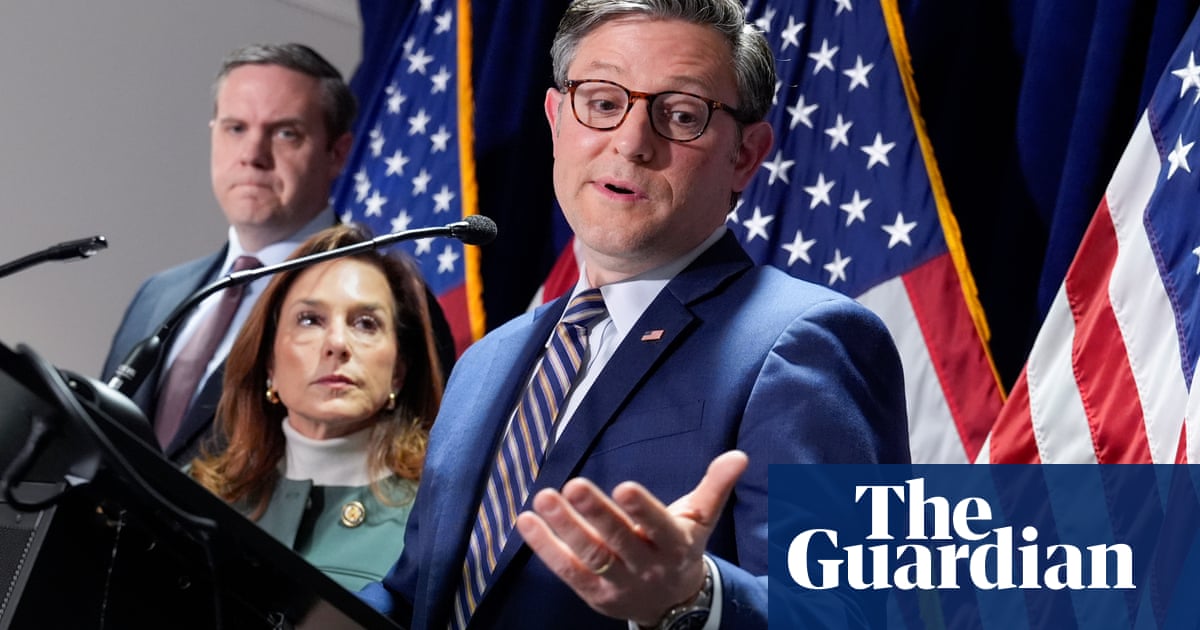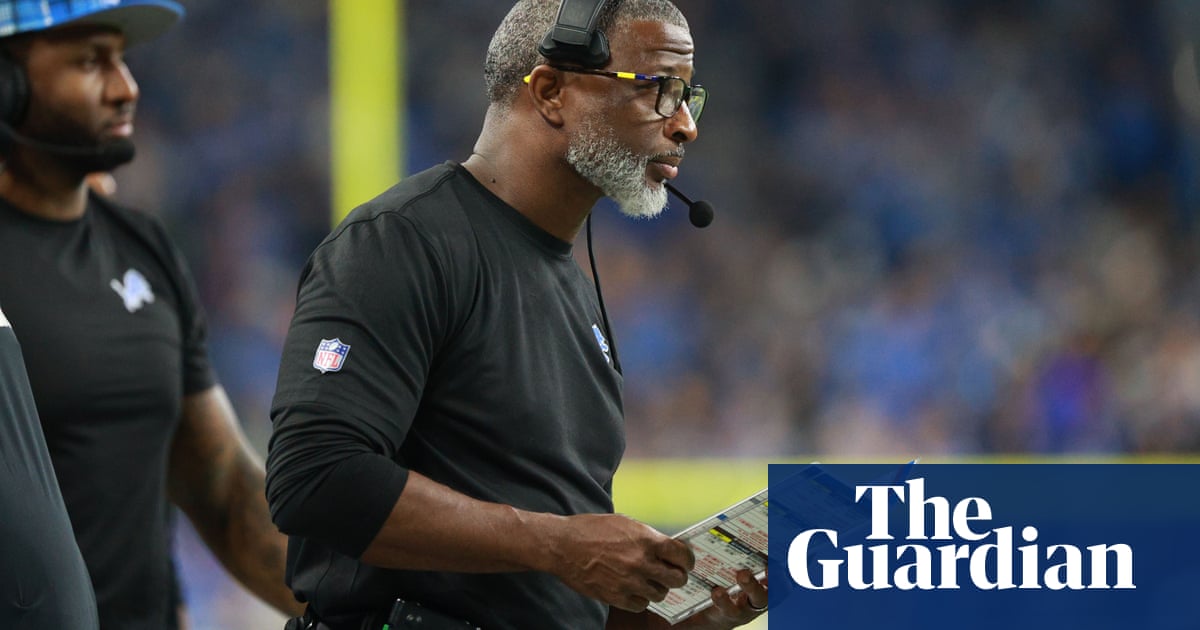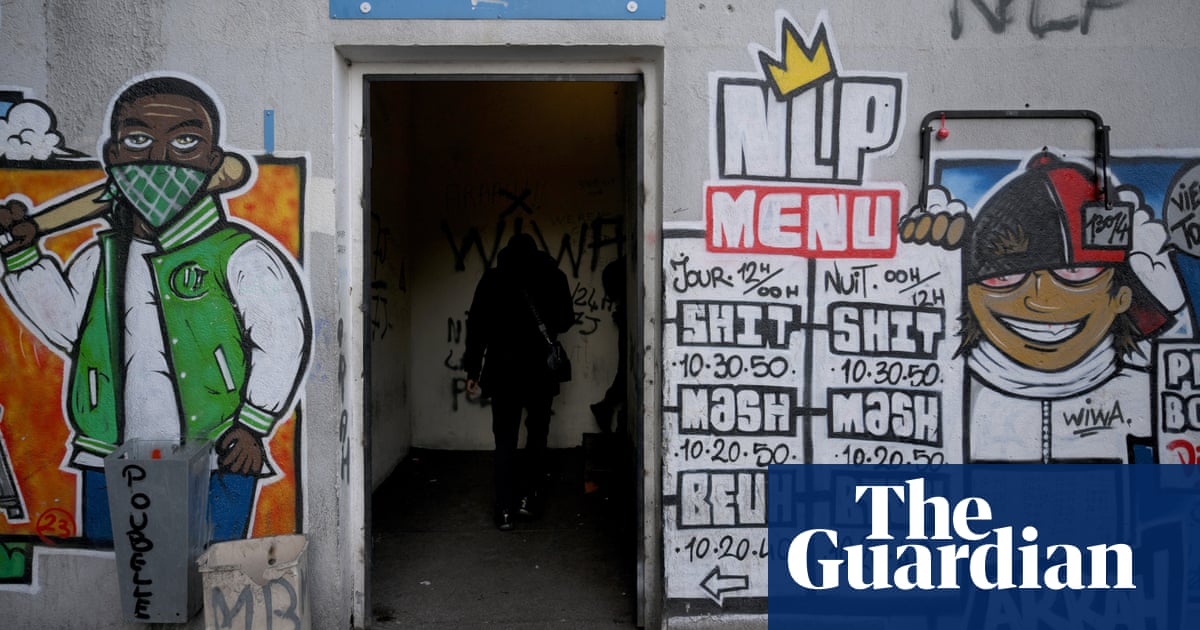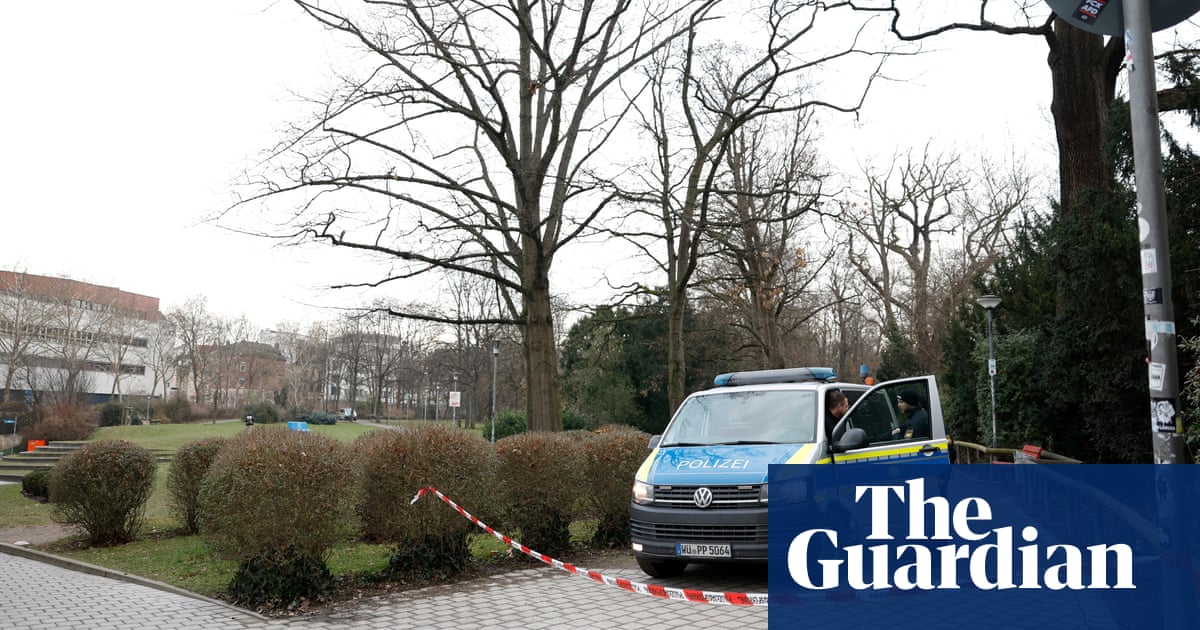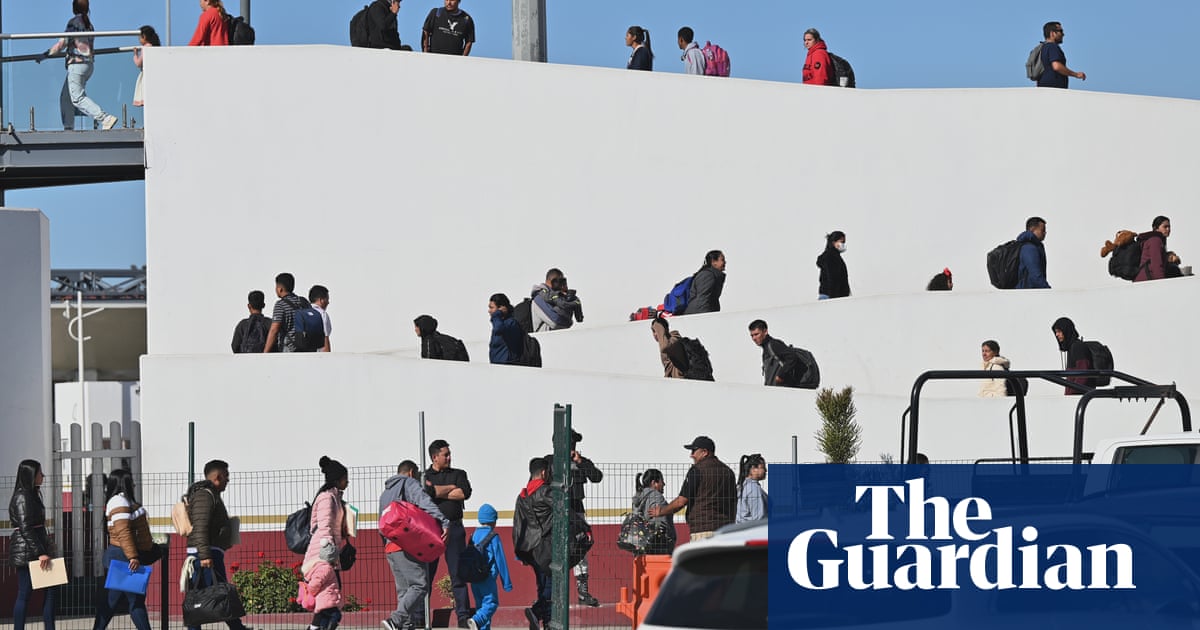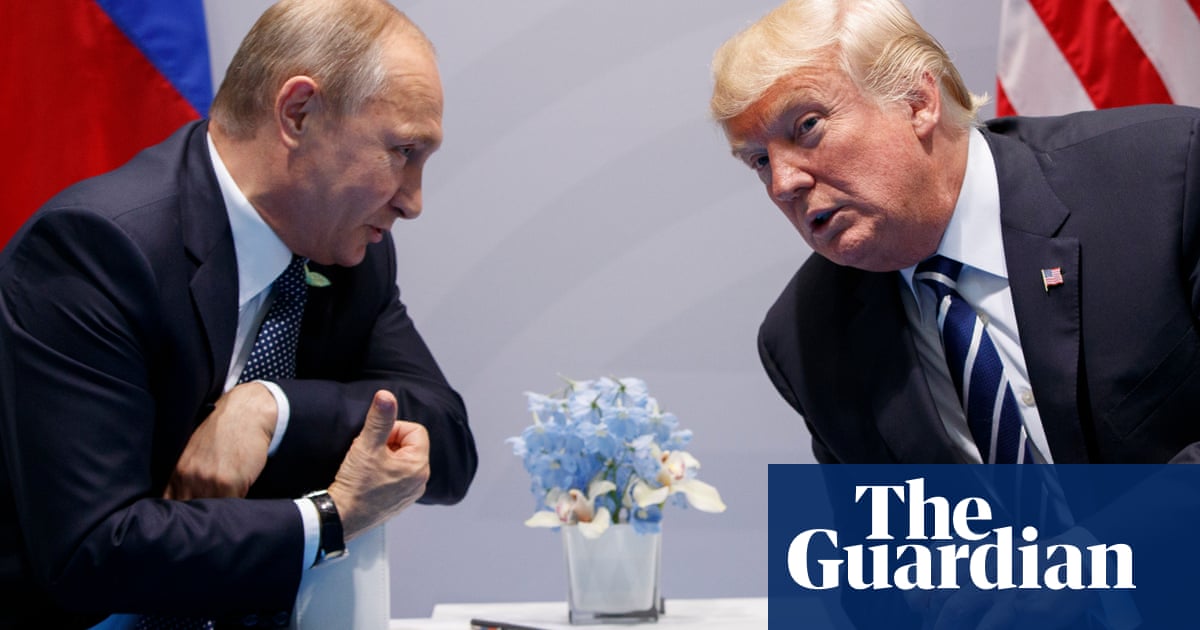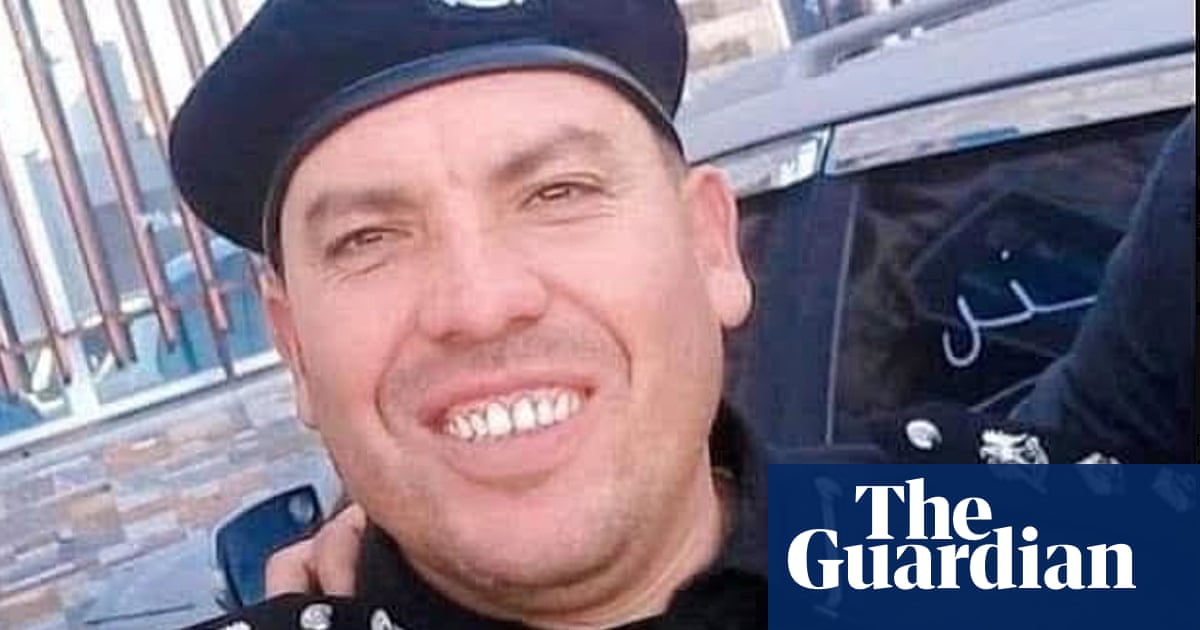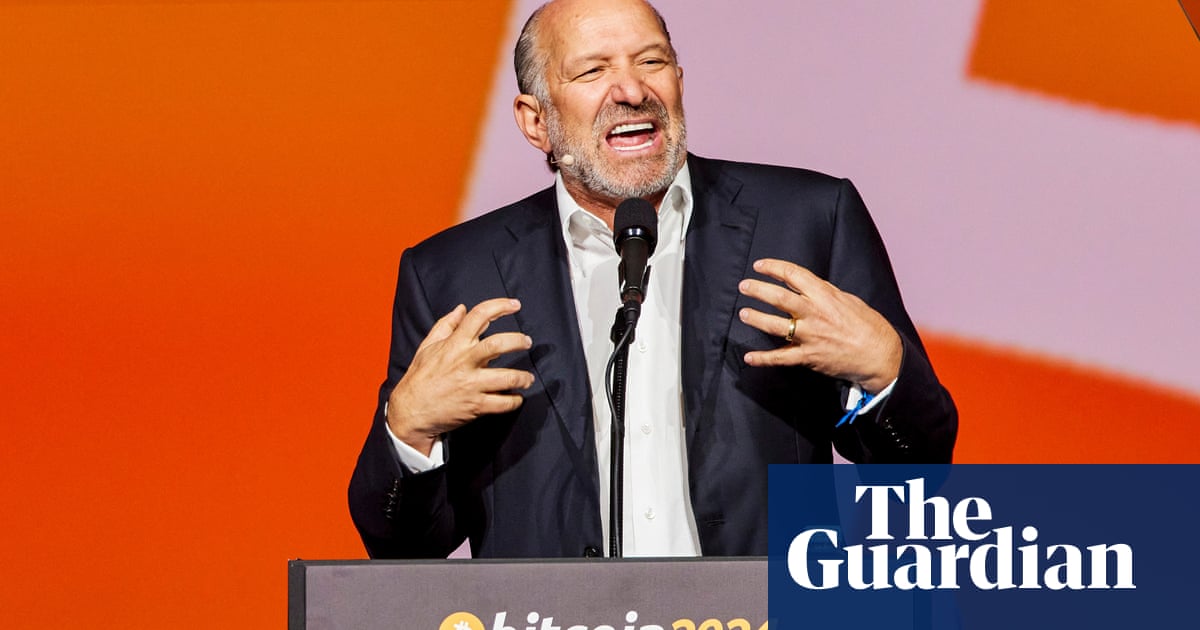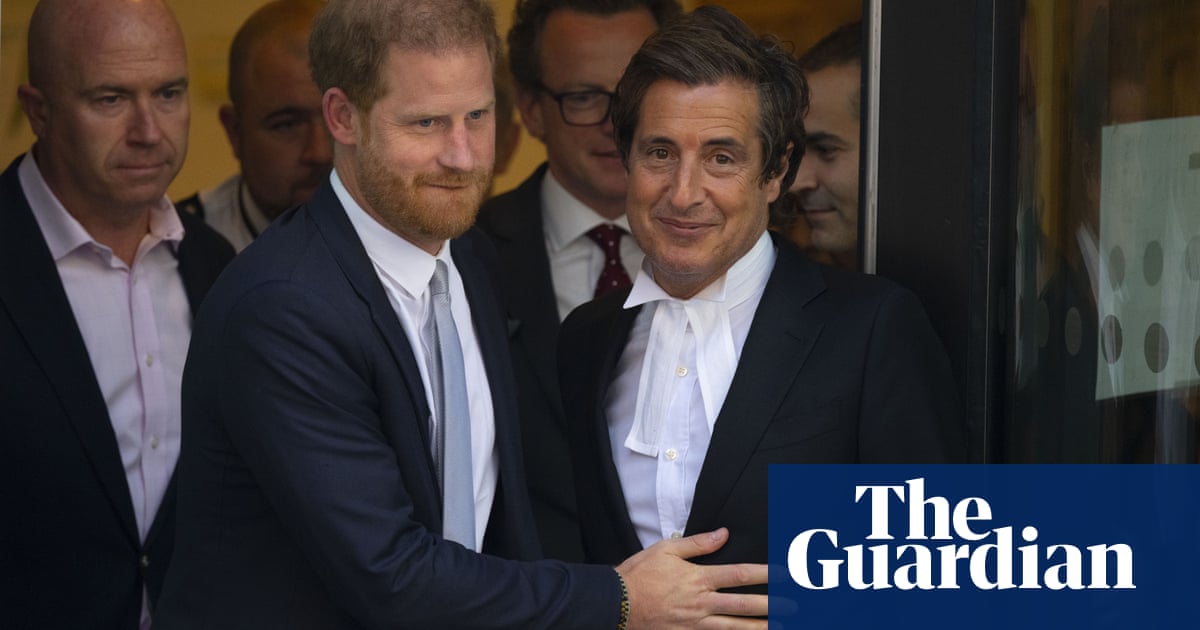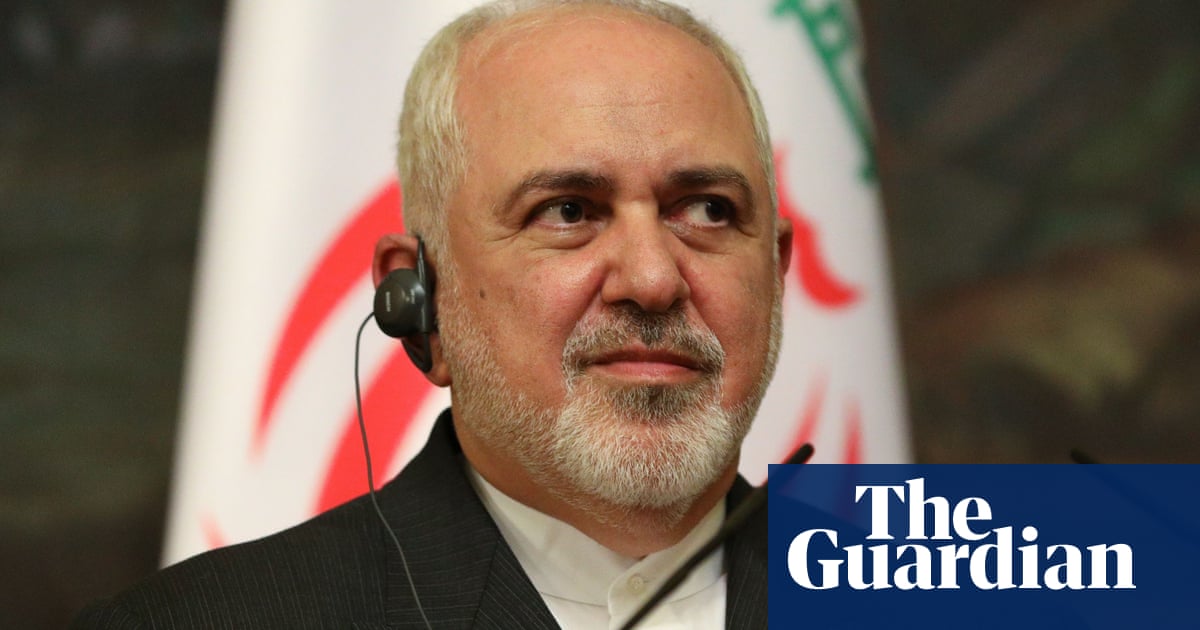“Chelsea are firmly in the title race despite what their manager says,” wrote Will Nichols before Christmas. “But who was the last team to win the English top flight without a shirt sponsor? Has it been done more recently in another country?”
Chelsea’s conscious uncoupling from the title race doesn’t change the fact that this is a cracking question. Let’s start with the English top flight. Knowledge regular Dirk Maas has trawled the brilliant True Colours website – which, if you are the type of person who reads this column, is likely to be an endless source of serotonin – to find the answer: Aston Villa in 1980-81. Not content with using only 14 players (if you’re under the age of about 40, let that sink in) all season, they didn’t have a shirt sponsor either.

In 1980-81 only eight of the 22 top-flight teams were sponsored, including the champions of England (Liverpool) and Europe (Nottingham Forest)
-
Brighton & Hove Albion British Caledonian
-
Coventry Talbot
-
Everton Hafnia
-
Liverpool Hitachi
-
Middlesbrough Datsun Cleveland
-
Nottingham Forest Panasonic
-
Southampton Rank Xerox
-
Stoke Ricoh
You’d expect a rush of offers after Villa won the league but their first deal was not until the following season, 1982-83, by which time they were champions of Europe. Davenports, a local brewery, sponsored them for one season before Mita (and occasionally Mita Copiers) adorned Villa’s shirts for the next decade.
Aberdeen won three league titles under Sir Alex Ferguson, the most recent in 1984-85, without a sponsor. Then CR Smith, Scotland’s leading uPVC window manufacturer it says here, won the title in successive seasons – first with Celtic in 1985-86 and then Graeme Souness’s Rangers – and a commercial future was upon us.

Dirk Maas has sent some more recent examples from around Europe: Partizan Belgrade (Serbia, 2011-12), Sparta Prague (Czech Republic , 2013-14), Budapest Honvéd (Hungary, 2016-17) and Dynamo Kyiv (Ukraine, 2020-21).
We think only one of Europe’s big five leagues has had an unsponsored champion in the 21st century: Barcelona in 2004-05 and 2005-06, back when “Més que un club” wasn’t an entirely satirical slogan.
As for the other big leagues, the classic Juventus home kit was unadorned when they became champions of Serie A in 1981-82. Three years earlier, an FC Köln side containing Harald Schumacher and the prolific Dieter Müller – who scored six goals in one game – pipped Borussia Mönchengladbach (who did have a sponsor, erdgas heizung) to the Bundesliga title on goal difference. That’s despite Gladbach hammering Borussia Dortmund 12-0 on the final day of the season, but that’s another story.

Last and definitely not least, Ligue 1. As anyone who has watched the film Amélie at least once a year since 2001 will know, French football embraced sponsorship on the front and back of shirts, often in huge font sizes. We’ve been through various kit archive pages and we think the last team to become French champions without a sponsor was Saint-Étienne in 1969-70. When they won the title again four years later, they more than made up for it.
“At the World Darts Championship, France’s Thibault Tricole wore a shirt with the badge of his local team, Lorient, on the back in an unpaid partnership with the club,” notes Niall McVeigh. “Which other non-football athletes have included a football crest on their kit, whether officially licensed or otherwise?”
Let’s stay on the oche for now. “Former BDO world champion Glen Durrant is a Middlesbrough fan,” writes Gareth Watkins. “He incorporated the lion detail from their crest into his stage apparel.”
Durrant changed his shirt after moving to the PDC in 2019 but was wearing his Boro kit when he won three successive BDO titles. Durrant, now part of Sky’s peerless commentary team, also wore a Boro Shirt Museum Christmas jumper during this year’s coverage.

As far as we’re aware Durrant’s jumper didn’t have JUNINHO 10 or SLAVEN 7 on the back, though it’s not without precedent for sports stars to advertise a love of both club and player. “In 2011, Danish tennis star Caroline Wozniacki wore a Liverpool jersey for warm-ups at the Qatar Open against Flavia Pennetta,” writes Rit Nanda. “She is a fan of the club and had received a signed jersey from then club captain Steven Gerrard via the Qatar Tennis Foundation.”

Ed Sheeran may be Ipswich Town’s most high-profile fan but we can say, without the slightest fear of contradiction, that he isn’t the hardest. “Current British and Commonwealth heavyweight boxing champion Fabio Wardley – a big Ipswich Town fan – wears the ITFC colours and crest on his shorts during his fights,” writes John Chubb.

And finally, at least for this week, to the worlds of bobsleigh and beach volleyball. “As a lot of European sports clubs are multi-sport, there are obviously quite a few examples,” begins Graham Love. “Some of the more unusual include German beach volleyball pair Sara Goller and Laura Ludwig competing under Hertha BSC branding. SpVgg Unterhaching, from the Munich suburbs, also allied with a local bobsleigh club and had Olympic champions competing wearing the club’s branding.”
Knowledge archive
“Which football clubs have been sponsored by news organisations and have they ever played a game against another team, also sponsored by a news organisation?” pondered Rich Cunningham in 2021.
Roger Thomas has twiddled his dial and tuned in to provide the first answer for this one. “In the 1983-84 season Reading were sponsored by Radio 210, a local station serving the city. The sponsorship had to be stopped because of regulations banning numbers on shirts due to the risk of confusing them with the players’ shirt number. Radio 210 had pop music, news bulletins and some decent presenters. The voices of Steve Wright, Mike Reid and Bob Harris could be heard on the Berkshire airwaves before they found national fame.”
Justin Horton reminds us of the late Robert Maxwell’s involvement at Oxford United. “They have twice been sponsored by newspapers: in 1981-82 by the Sunday Journal and for much of 1984-85 by the Sunday People, the latter of course then owned by the late Maxwell whose name still crops up in the newspapers now and again.”
Andrew Wright plays fast and loose with the definition of a media organisation. “Having received news from the Top Tips page that I could avoid jet-lag on foreign trips by simply taking an earlier flight, thus arriving fully refreshed and on time, I’ll nominate Viz, who sponsored Blyth Spartans in 2007-08. Meanwhile, in the mundane world, I remember Leeds United were sponsored by the Yorkshire Evening Post at some point.” The local paper was emblazoned on their shirt in the 1991-92 season, Andrew. They almost faced a QPR team with Classic FM (who have a news bulletin, at least) as shirt sponsor but, alas, Admiral became Leeds’ sponsor for 1992-93.

Richard Franks has filed some hard news. “In the 1996-97 Division One there would have been two matches between news-sponsored teams, since Portsmouth were sponsored by local paper The News and Millwall were sponsored by the South London Press.” Unfortunately, it’s fake news. Millwall were playing in the third tier, so that clash never happened. Cardiff City were sponsored by the South Wales Echo for five seasons in the 1990s, but we can’t see that they ever played another media-sponsored team.
However, if we dip into the Third Division in the 2001-02 season there was a meeting of mid-table teams with evening newspapers as shirt sponsors. The Evening Herald (Plymouth Argyle) met the Evening Press (York City) twice, with the Herald enjoying a 1-0 win at Home Park (Evening Press match report worth a read here) following a 0-0 draw at Bootham Crescent earlier in the season.
Can you help?
“What’s the most consecutive seasons a club has competed in the Champions League without winning their domestic title in that time?” asks Alan Sheridan.
“Eight of the 20 Premier League teams started last weekend’s fixtures in a 3-4-2-1/3-4-3 formation,” notes Emily Painter. “Who was the first coach to use this formation with two No 10s rather than two wingers?”
“Aberdeen took 31 points from their first 11 league games and just three from the next 10. Has any team suffered such a dramatic reversal of form?” wonders Mike Dickie.
“In last week’s Old Firm game, Ianis Hagi scored a goal past Kasper Schmeichel,” notes Steve Murray. “I don’t think Gheorghe scored past Peter, but are there any examples of father/son combos that have scored against another father/son combo?”
-
Mail us any of your questions and answers.

 2 weeks ago
15
2 weeks ago
15
